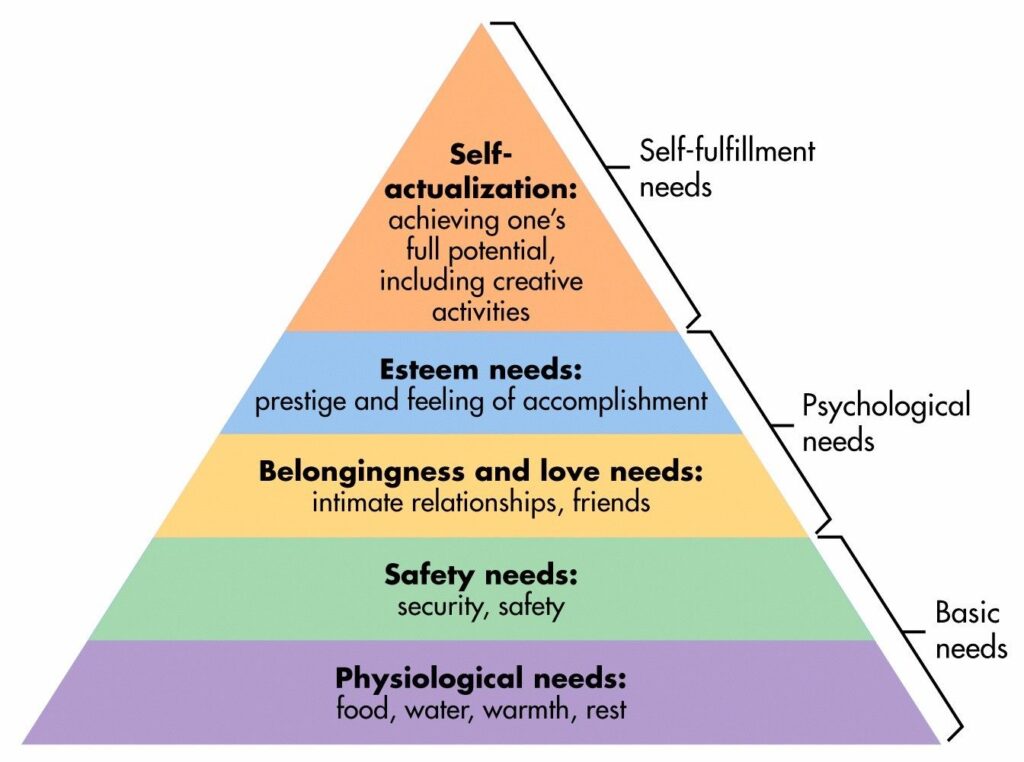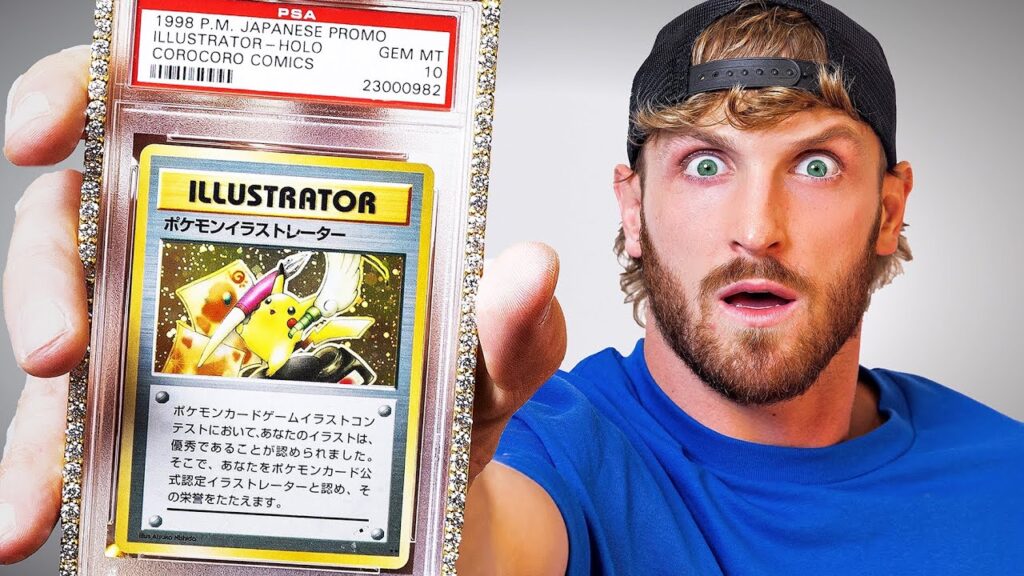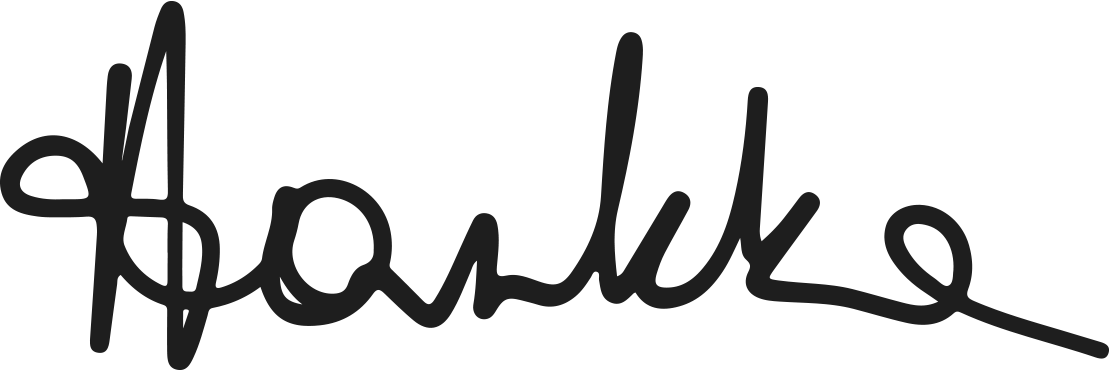Frank Zappa once said:
‘So many books, so little time.’
I see how more and more strand of grey hair (a friend of mine calls it “arctic blonde” making it sound cool) pokes through my dark hair and this brutally reminds me of passing time. I want to enjoy what life has to offer to the fullest. Make my life count. Create and give value. Bring to this world little humans who would see me as a role model and believe that anything is possible, once you set your mind to it.
I therefore want to be conscious of my time and use it wisely.
Life is a sum of choices we make, and since our time is limited, it’s hard to try, do and have it all. Every day we set ourselves a number of goals and scribble never-ending to do lists that we often struggle balancing. So how to decide what’s worth pursuing? In their book The One Thing: The Surprisingly Simple Truth Behind Extraordinary Results, Gary Keller and Jay Papasan offer a number of suggestions on how to determine our goals and also on how to prioritise them. According to these guys, our choices are dependent on:
- Knowledge: All we could know
- Action: All we could do
- Wealth: All we could have
Clearly, we cannot know it all or do it all or have it all. How then do we prioritise what to know, do, and have? In such a situation it’s worth asking ourselves:
What’s the ONE thing I can do, such that by doing it everything else will be easier or unnecessary?
This question can be considered across a number of dimensions – for our physical health, personal life, career, key relationships, business, finances and spiritual life. Different things take different amount of time, so we need put them in time specific frames – our someday goal, one-year goal, monthly goal, weekly goal and today goal.
There are many ways to capture these by writing them down and keeping track of your progress. For some, a bullet journal works well. Some love living in their calendar. Usually it’s a combination of a couple of tools. (I will write a separate post on productivity and what works for me, but at in the meantime, feel free to check this guy’s productivity system – I find it pretty good.) According to Keller and Papasan, individuals with written goals are 39.5% more likely to succeed in achieving their goals; and individuals with written goals and weekly accountability are 76.7% more likely to succeed.
My friends smirk when I send them a calendar placeholder for our face to face catch-up. I tell them that I make time only for important people and events in my life, and once something is in my calendar, then I commit to it. It’s also easier for me to visualise and keep track of where do I spend my most valuable resource – time. Besides, a human brain is made for creating and processing information and not for remembering such things as meetings schedules. Offload all what’s possible on paper or digital.
First things first.
I think there is so much wasted human potential around, and it’s almost a crime not to live your life consciously when you have a luxury of safety and your basic needs are met. So many people live on the autopilot constraining themselves to artificially created societal norms instead of listening to what they really need.
Chances are, you’ve seen Maslow’s hierarchy of needs at least a thousand times, but it’s worth remembering, that we can’t feel self-fulfilled if we neglect basic and psychological needs such as intimate relationships and friendships. These help us thrive, make us feel needed and wanted.

It is said that what people confessing at their deathbeds regret the most is their neglected relationships and not taking more chances. It’s funny how, when we are kids, we promise ourselves not to repeat our elders’ mistakes of unhealthy balance between work and other life areas, and yet we later fall into the same trap. We disconnect instead of seeking bond with other people, leveraging our time and what we can offer to others in exchange for their presence.
Make a decision.
Everyone is here just winging it at the beginning. We all start from somewhere and make decisions best to our knowledge. Any decision is better than not making decision at all. Most of the decisions are reversible, anyway.
Learning to select where you commit your time and attention is crucial, out of respect to others and to yourself. Quality over quantity. Every opportunity you accept means there’s less time for another one, and sometimes, the future opportunity is more important to your long-term success, so it’s important to learn to say “no”. Figuring out what you can afford to not do is often the best first step toward figuring out what you can and should do.
I used to be available, helping almost anyone who asked me, but I quickly learned that if you don’t put boundaries, people will take advantage of you. It’s like with this oxygen mask on a plane analogy – you first need to save yourself in order to be able to help your children put theirs. You’re no good to them when passed out.
On your rules.
By many standards, I’m already quite old for a first child. I’m 34. Most of my friends who live in smaller cities or/and near their parents, started a family already in their 20s (and some are already past divorce 😃). By large London-like city standards, an average age of a woman has her first child is 36. Whether it’s good or bad, depends very much on what’s important to them.
And then we have this other aspect of women in workplaces. We can have all talks about diversity, parity and flexible working, but we can’t be fooling ourselves; the women who have managed to be both mothers and top professionals at younger age are superhuman, rich, or self-employed. If we truly believe in equal opportunity for all women, there are lots of things that still have to change (but that’s a topic for a whole separate post).
As much as I’d not want it to be the case, a decision to step down from a position of power—to value family over professional advancement, even for a time—is directly at odds with the prevailing social pressures on career professionals, both women and men. I read in The Atlantic that in Washington, “leaving to spend time with your family” is a euphemism for being fired.
I was not born rich or a superhuman, so I quickly realised that if I continued working long hours on someone else’s schedule as a management consultant, I could not become both the parent and the professional I wanted to be—at least not with a child experiencing a rocky adolescence. I realised what is perhaps obvious to everyone else: having the pleasure of choosing how much time I devote to my family or hobbies, at least for me, depended almost entirely on what type of job and company I created for myself. And yet, I was too optimistic on how much time it will take to reach a relative stability.
The beauty of limits.

It’s never possible to have, do and be it all, and that’s part of what makes being human so wondrous, interesting and challenging. Just like collecting all of the Pokémon, it’s an ever moving target, and, even constrained to certain collections of items, many people often find that it is the chase for these elusive goals that gives them drive and meaning. Whether or not this is a healthy way to pursue happiness is an interesting discussion in itself, but in general, the common wisdom is that the journey is far more important than the destination.
Cover photo: Bioshock Infinite




![Start-ups and start-downs [Evoque Journey] louveciennes @flickr](https://hankka.com/wp-content/uploads/2013/09/bfast.jpg)
